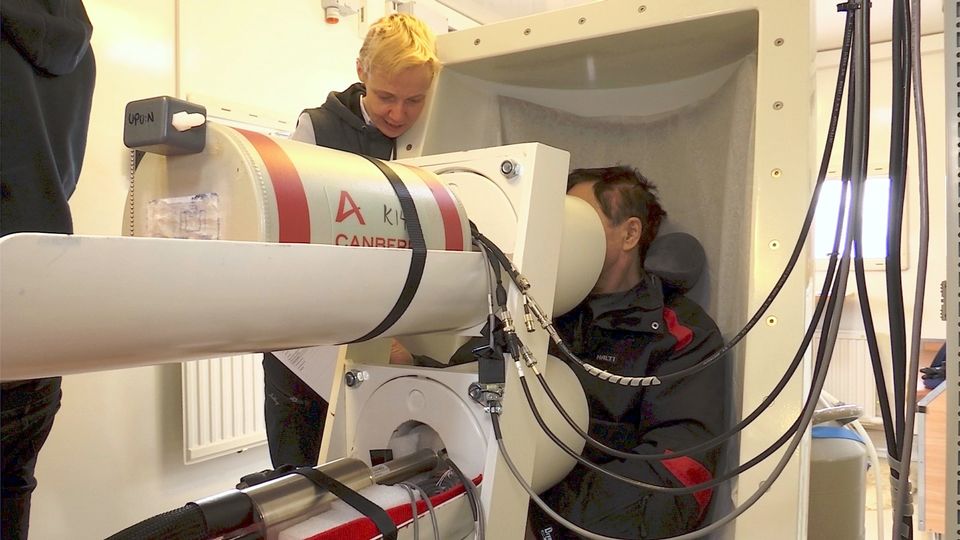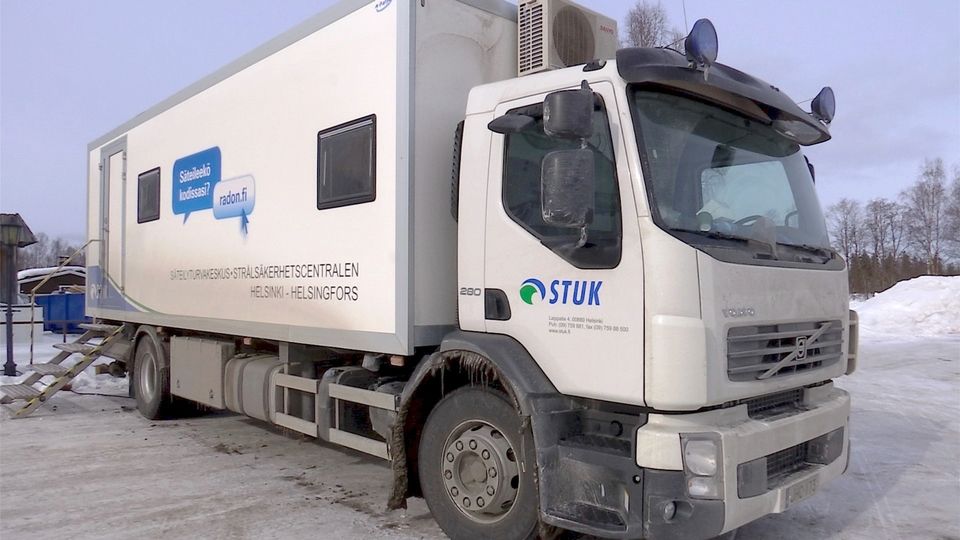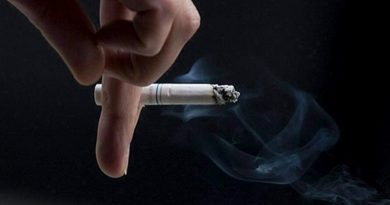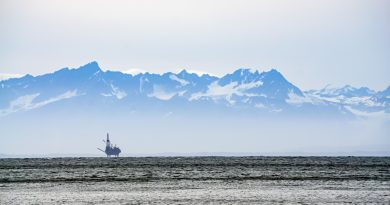Lapland reindeer herders still carrying radiation from Cold War nuclear tests

The Radiation and Nuclear Safety Authority is measuring radiation among people in Ivalo, northern Lapland this week. Measurements have been taken there since the 1960s, which is when radiation figures skyrocketed due to Soviet and US nuclear testing.
Reindeer herders in upper Lapland record higher levels of radiation than people elsewhere in Finland, but cancer cases there are actually somewhat rarer. The Radiation and Nuclear Safety Authority (Stuk) is measuring radiation among people in Ivalo in the far north this week.
The radiation levels of people living in the northernmost reaches of the country have been studied since the early 1960s. The USSR tested its nuclear capability in the atmosphere during the Cold War; and although the levels of cesium have gone down since those days, there is still more of it among the population of Lapland than elsewhere in Finland.
According to watchdog Stuk, Soviet nuclear bomb tests over Novaja Zemlja in the Arctic Ocean – some 1,000 kilometres from Ivalo – raised the radiation in the city a thousandfold compared with long-term levels.
The Finnish Meteorological Institute published its latest radiation report in 2011, fifty years after the Soviet tests.
Stuke laboratory head Maarit Muikku says that nuclear testing by the United States during the Cold War also released cesium into the stratosphere, from where they have descended to Finnish Lapland and other areas.
The highest average levels of cesium-137 in humans in Inari and Utsjoki – 45,000 becquerels – were recorded in the mid-60s. By comparison, the figures from 2011 have a mid range of about 1,100 becqurels; but that is still ten times higher than the rest of Finland’s population.
From moss to reindeer to person
Reindeer herder Taneli Magga has been involved in the measurements since their inception, first as a school boy in Inari in 1961.
“The levels have gone down every time I’ve been involved. This last time cesium levels had fallen by 200 becquerels in six years,” says Magga.
Most of the cesium in upper Lapland is from atmospheric nuclear testing. The Chernobyl power plant disaster in 1986 only caused a minor spike because the wind blew those cesium clouds south.
Herders obviously eat a lot of reindeer meat, which is full of cesium that the animals ingest when they eat moss and fungi. Fish and berries also contain artificial radiation.
No cancer uptick

Despite people in Lapland having considerably more radiation than the rest of the country, cancer cases are no more common there than elsewhere.
“We’ve been trying to get to the root of this, but epidemiological studies have not shown that cancer would be more prevalent in the northern population,” Muikku says. “If anything, they are lower than in the south.”
Research in Finland and Norway has shown that Sámi herders have much less cancer than the rest of the country.
Finland’s Skolt Sámi minority suffers from higher rates of stomach cancer than the rest of the country’s populace, according to a dissertation in 2015. The reasons for the prevalence have not been studied.
Related stories from around the North:
Canada: Floating nuclear power stations for Arctic?, Radio Canada International
Finland: Posiva Solutions to assist Fennovoima in nuclear waste disposal, Yle News
Norway: Nuclear waste cooperation with Russia will continue says Norway, The Independent Barents Observer
Russia: Larger portion of Russia’s nukes will be on subs in Arctic waters, The Independent Barents Observer
Sweden: Sweden’s Radiation Safety Authority endorses nuclear waste disposal plan, Radio Sweden



